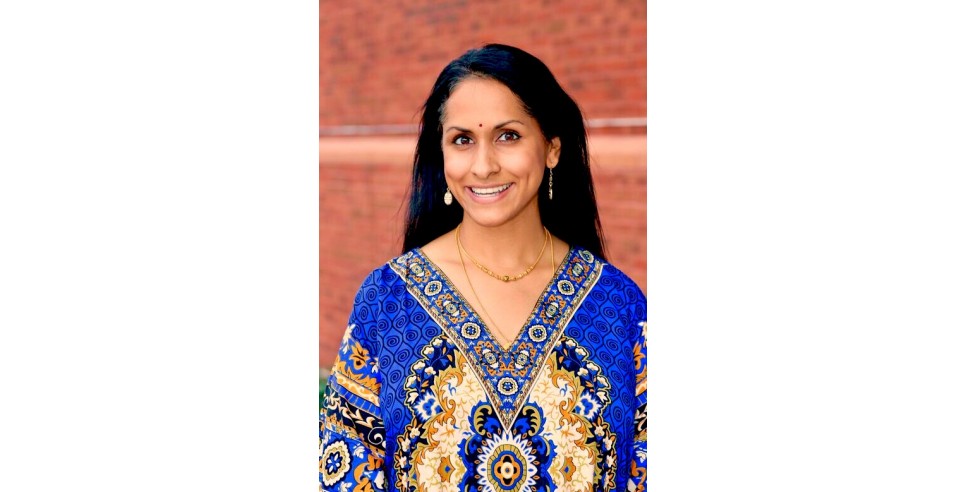
Florida
Climate Change and its impact on families living in Poverty
by Dr. Rajni Shankar-Brown
Human behavior must change, and we must collectively educate and diligently work to avert climate change. The devastating impacts of climate change are already visible across the landscape of the United States, and our most vulnerable communities, including individuals and families living in poverty and experiencing homelessness, are being unfairly impacted and hurt the most.
In Florida, where my family lives, tropical storms and hurricanes are becoming more intense, along with flooding. We have entire coastal communities threatened by increasing flooding due to climate change. Our coral reefs are weakening and even dying due to rising water temperatures and the loss of algae. Ocean acidity continues to increase, and it is interfering with the health of fish and marine species, adversely affecting healthy ecosystems and rich biodiversity. Water availability is also decreasing and the demand for water is likely to increase.
Rising temperatures due to climate change is also affecting public health. Individuals, families, children, and youth living in poverty and experiencing homelessness are especially vulnerable to climate change. Rising temperatures increase water and air pollution, which increase the dangers of dehydration, heat stroke, chronic respiratory disease, such as asthma, and more. Excessive heat can also lead to and exacerbate cardiovascular and cerebrovascular disease, as well as infections.
Climate change is also having significant impacts on mental and behavioral health; in Florida, we are seeing significant surges in depression and anxiety and climate change magnifies challenges. In addition, climate change affects food production, availability, quality, and access. Low-income and Black and Brown communities are disproportionately impacted by climate change in Florida and across the U.S. Climate change is about human rights and environmental justice, and economic and racial equity must be prioritized. The climate crisis demands urgent and mindful action from all of us!
Dr. Rajni Shankar-Brown, Professor and Endowed Chair of Social Justice Education at Stetson University and the Vice President of the National Coalition for the Homeless








